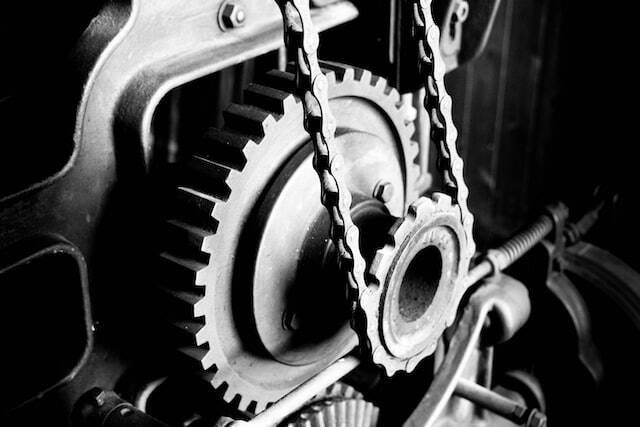Changes to VAT zero rating imminent
HMRC has announced an extension to the materials qualifying for the VAT zero rate from 1 February 2024. What’s the full story?

The government often uses tax policy to encourage the use of energy efficient/otherwise environmentally friendly technologies. Currently, the purchase of certain energy-saving materials (ESM) is zero rated for VAT until 31 March 2027, at which point it is due to revert to the reduced VAT rate of 5%. Following a consultation, the list of materials qualifying for the zero rate has been extended to include the following from 1 February 2024:
- Electrical battery storage that is retrofitted to a qualifying ESM (currently this is only available if the battery is fitted at the same time as the ESM).
- Installation of electrical battery storage as a standalone technology connected to the grid.
- Water-source heat pumps; and
- Diverters retrofitted to ESMs such as solar panels and wind turbines.
The zero rate will also apply to the installation of some groundworks that are required for the installation of heat pumps. These works will be specifically defined in the legislation.
Further information on the outcome of the consultation can be found here.
Related Topics
-
Changes to registration threshold?
It’s rumoured that the Chancellor will raise the VAT registration threshold from £90,000 to £120,000 to stimulate economic growth. But other reports suggest it could be cut to £30,000 to raise revenue. What would these changes mean for your business?
-
HMRC to raid bank accounts for unpaid tax
HMRC is restarting the use of direct debt recovery for individuals and businesses who choose not to pay the tax they owe despite having the means to do so. Who’s in the firing line?
-
Mortgage interest: don’t miss out on unused relief!
You own a buy-to-let property and need to report your profits for 2024/25. You have a mortgage, but your calculations show that the tax reducer will exceed the rental profit. Will the excess go to waste?

 This website uses both its own and third-party cookies to analyze our services and navigation on our website in order to improve its contents (analytical purposes: measure visits and sources of web traffic). The legal basis is the consent of the user, except in the case of basic cookies, which are essential to navigate this website.
This website uses both its own and third-party cookies to analyze our services and navigation on our website in order to improve its contents (analytical purposes: measure visits and sources of web traffic). The legal basis is the consent of the user, except in the case of basic cookies, which are essential to navigate this website.